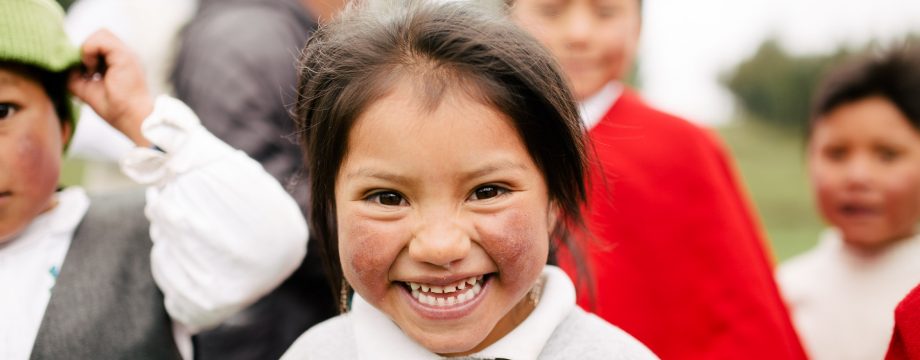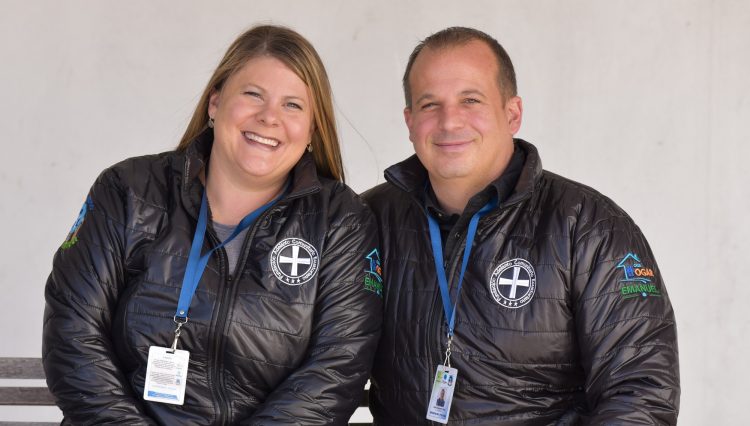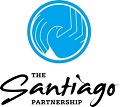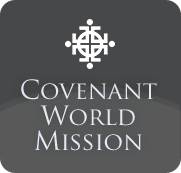This is the final chapter of When Helping Hurts. Chapter 9 is a pretty ‘meaty’ chapter as far as information. We will spare you all of the meaty parts and pull out the info that we feel is applicable to those of you living in the U.S. and what YOU can do to HELP and not HURT those who are impoverished in the majority world. This chapter focused on the majority world as previous chapters have already focused on how you can help closer to home.
The biblical mandate from 1 Corinthians 12: 12-31
12 Just as a body, though one, has many parts, but all its many parts form one body, so it is with Christ. 13 For we were all baptized by[a] one Spirit so as to form one body—whether Jews or Gentiles, slave or free—and we were all given the one Spirit to drink. 14 Even so the body is not made up of one part but of many.15 Now if the foot should say, “Because I am not a hand, I do not belong to the body,” it would not for that reason stop being part of the body. 16 And if the ear should say, “Because I am not an eye, I do not belong to the body,” it would not for that reason stop being part of the body. 17 If the whole body were an eye, where would the sense of hearing be? If the whole body were an ear, where would the sense of smell be? 18 But in fact God has placed the parts in the body, every one of them, just as he wanted them to be. 19 If they were all one part, where would the body be? 20 As it is, there are many parts, but one body.
21 The eye cannot say to the hand, “I don’t need you!” And the head cannot say to the feet, “I don’t need you!” 22 On the contrary, those parts of the body that seem to be weaker are indispensable, 23 and the parts that we think are less honorable we treat with special honor. And the parts that are unpresentable are treated with special modesty, 24 while our presentable parts need no special treatment. But God has put the body together, giving greater honor to the parts that lacked it, 25 so that there should be no division in the body, but that its parts should have equal concern for each other. 26 If one part suffers, every part suffers with it; if one part is honored, every part rejoices with it.
27 Now you are the body of Christ, and each one of you is a part of it. 28 And God has placed in the church first of all apostles, second prophets, third teachers, then miracles, then gifts of healing, of helping, of guidance, and of different kinds of tongues. 29 Are all apostles? Are all prophets? Are all teachers? Do all work miracles? 30 Do all have gifts of healing? Do all speak in tongues[b]? Do all interpret? 31 Now eagerly desire the greater gifts.
As well as asset-based community development discussed in this book require the North American church ENCOURAGE the parts of the body that are already working among poor people in the majority world.
Here are some suggestions-paraphrased by me!
1.) Financially help support the training of missionaries and Majority World churches so they can implement training models where they are. VERY IMPORTANT! Don’t pay all the costs of the training because sometimes people place greater value on things they have paid to receive. (SIDE NOTE- The trainings mentioned here are discussed in great detail in this chapter-that’s the meaty part. For more in-depth discussion go to: http://whenhelpinghurts.org/)
2.) Become a trainer of trainers. Missionaries and indigenous churches are usually in a better position to do frontline ministry because, well, they are on the frontlines. However, many individuals in the North American church are exposed to new information, training, models etc that can aid those on the frontlines. A great model is to have both persons from the Majority World as well as the North American Church to work together to support those on the front lines.
3.) Become advocates for different models that support the impoverished in the Majority World. Most do not have an advocate and different models used for evangelism and micro business finance support and advocate for the impoverished.
4.) This one is from me…don’t assume that someone else is going to do something. That’s probably what a lot of people think and then nothing ends up getting done to help. Educate yourself to understand what you can do to support, not hurt those in the majority world. THink outside the box-not just with your pocketbook or with what others are already doing. Be creative!
Reading this book is a good start!





 The Santiago Partnership
The Santiago Partnership